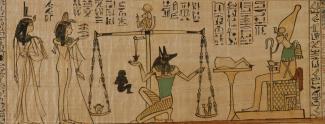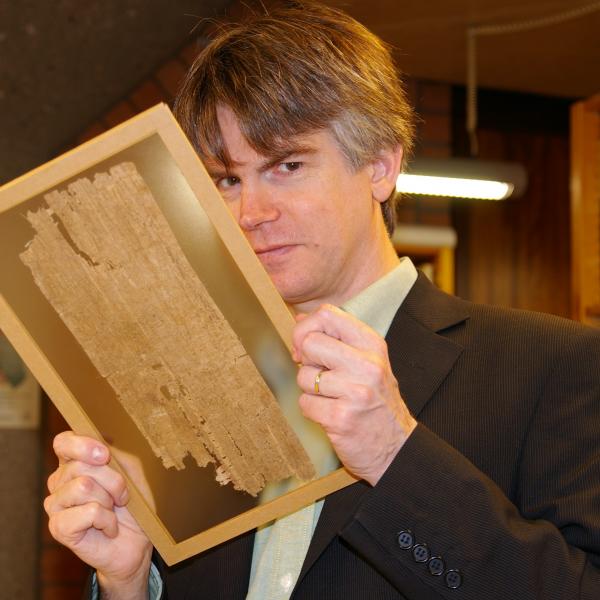
The field of Egyptology covers languages and texts, political, social, economic and medical history, religion, archaeology, art and artifacts, from the Pre-Dynastic origins of Egyptian civilization (ca. 3400 BC) through the latest manifestations of the native culture predominant in Coptic Christianity (7th Century, with survivals to present) - a focal span of roughly 4 millennia.
Instruction in Egyptology at The University of Chicago concentrates upon a thorough grounding in the skills necessary for understanding and interpreting the original data of this 4,000 year civilization: five languages phases—as discrete from one another as Old and Modern English (comprising Old Egyptian, Middle Egyptian, Late Egyptian, Demotic, and Coptic—with assorted dialects). Aside from linguistic and paleographical concerns, the student also examines a wide range of political, social, religious, economic, legal and medical documents from each of these phases. To these courses are added general historical surveys, and seminars on problems and methodology in Egyptian historiography. A critical component of this instruction has been the study of archaeology, art, and architecture, giving a meaningful context to the theoretical discussions of texts and artifacts.
Please note that students studying Egyptian Archaeology follow the requirements of the program in Near Eastern Art and Archaeology.




